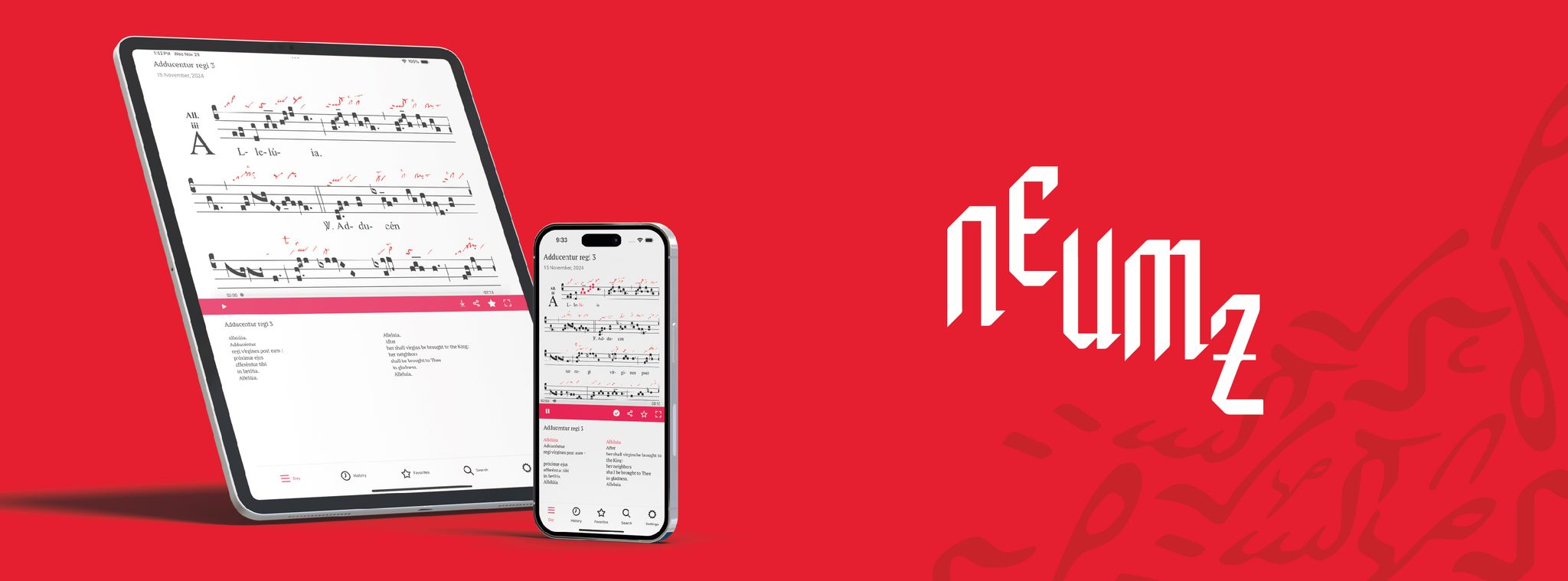Mihi Autem Nimis 2
Today we celebrate the feast of St Luke the Evangelist. Tradition sees in St Luke a very learned man, no doubt a doctor, with a very precise vocabulary and a historian’s concern. He is the author of the Gospel that bears his name and of the Acts of the Apostles. He is also a theologian concerned to highlight the role of the Holy Spirit in the life of Christ. This eminent role of the Holy Spirit is affirmed from the Annunciation, in the words of the angel Gabriel to Mary, the future mother of Jesus: "the Holy Spirit will come upon you and the power of the Most High will overshadow you, so that the child to be born will be holy and will be called the Son of God". This same Spirit will also be at work in the beginnings of the Church, as described at the beginning of the Acts of the Apostles. St Luke is also the evangelist of mercy, with passages found only in his Gospel. He is the only one to describe Christmas, the parable of the prodigal son, the good Samaritan, and the magnificent dialogue on Calvary, on the cross, between Jesus and the good thief ("Jesus remember me when you are in your kingdom" and Jesus replies: "Truly I tell you, today you will be with me in paradise").
To honour this feast, we at Neumz have chosen the entrance antiphon Mihi autem from the Common Apostles. The text, taken from Psalm 138, verses 17 and 1, is a hymn to Divine Providence. God knows everything, provides everything and with such magnificence for his friends that it is beyond imagination: the apostles received eternal happiness, glory beyond anything they could ever have imagined.
As for the melody, composed in mode 2, it is full of joy, the happiness of a holy soul, in the presence of his Creator who contemplates all that he has, all that he enjoys, and who cannot restrain himself from expressing his happiness before the supreme Maker and his brethren. It is a piece whose melody hovers yet barely alights. The piece begins with a nimble movement towards the dominant note, the F, underlined by a bivirga in the conjunction autem (but, nevertheless) which contrasts the friends, the faithful of God who bring light into the world and those who work for other purposes. The melody, with a beautiful turn between F and D and an ornament on the G, emphasises the adverb nimis (greatly) and prepares the central word of this first phrase, honorati sunt. The second clause of this phrase begins again with a leap of fourth, D-G. We return immediately to the treble range and the melody will reach for the first time the A, the summit of the piece, in the accent of honorati (they are honoured, worthy of glory); sunt closes this second clause with another beautiful turn around the F. This first phrase concludes with an agile movement from D to F, again underlining the possessive tui (your friends or not others) before returning from G to the fundamental D, the third time this fourth interval appears, and drawing with great tenderness the word Deus.
In the second phrase, the adverb nimis is again emphasised by the melodic development with a tristrophe on the dominant F, further emphasising confortatus est where the melody for the fourth time makes the leap of a fourth from D to G, and reaches again the A in est (the same melodic design as in sunt but one tone higher: the intensity of the joy in this piece has been increasing). In the last clause, eorum (their supremacy, their power) corresponds with the tui of the first phrase, but in the final cadence the melody rises one last time to the A before concluding with immense gratitude in the tristrophe on the dominant, again, and the cadential torculus.
